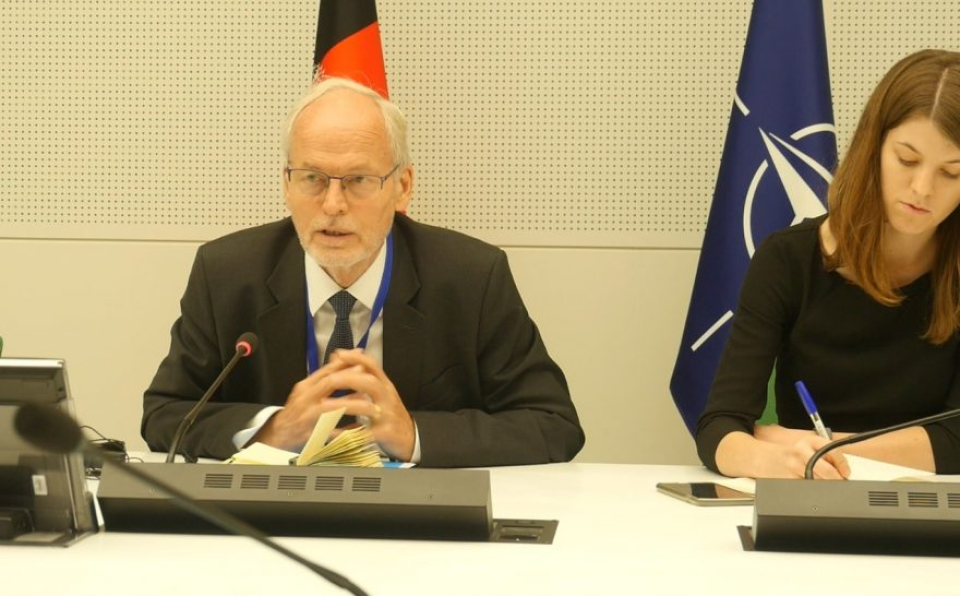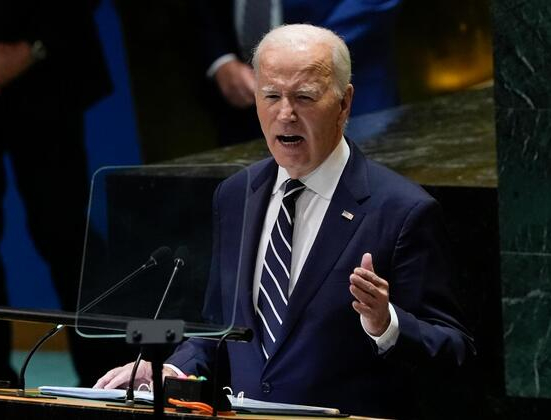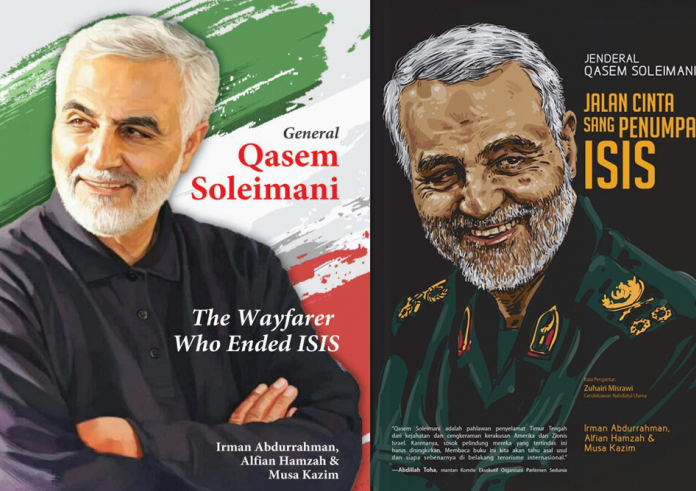Nicholas Kay, the former British ambassador to Afghanistan, spoke about the United Nations’ role in Afghanistan, stating that disagreements among Security Council members have hindered the UN’s effectiveness in Afghanistan, Gaza, and other countries. He mentioned that the UN is unable to act without the support of major powers.
In an interview with Afghanistan International published on Sunday, Kay emphasized the need for a more active role for the UN in Afghanistan.
However, he acknowledged the difficulty due to disagreements within the Security Council. He noted, “The UN continues its role in helping millions in Afghanistan successfully, but politically, it has been more challenging. Not only in Afghanistan but also in regions like Gaza and Ukraine, the UN struggles to enact its political role. This is because member countries, especially Security Council members like Russia and the U.S., do not agree.”
Earlier, the UN Security Council convened a special session to assess the Secretary-General’s report on Afghanistan. Despite attempts at coordination, a clear rift emerged between Western countries China and Russia on managing relations with the Taliban. While China and Russia advocated for engagement with the Taliban, Western countries, led by the U.S., insisted on upholding human rights, especially women’s and girls’ rights, as a condition for normalizing ties.
Mr. Kay, who served as the British Ambassador to Kabul from 2017 to 2019 and was previously a NATO senior civilian representative in Afghanistan, suggested that the UN could act as a mediator among influential countries to reach a consensus on Afghanistan.
The former British ambassador supported the UN’s active engagement with Taliban opposition groups. He mentioned that the UN could help these opponents unite more cohesively within and outside Afghanistan and facilitate their dialogue process with the Taliban.
However, Kay admitted that the UN’s role in Afghanistan requires the support of the Security Council’s powers. He referred to the Doha Agreement between the Taliban and the U.S., claiming that the U.S. sidelined the UN and the previous Afghan government in this process.
The National Resistance Council, a coalition of major anti-Taliban groups, responded to the UN Security Council meeting last Wednesday by urging the UN to compel the Taliban to accept the “demands of the Afghan people.” The Taliban has rejected negotiations over forming an inclusive government with the participation of other political groups, considering such discussions as interference in internal affairs.

















